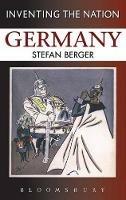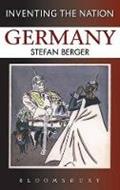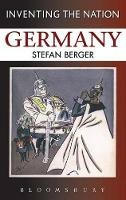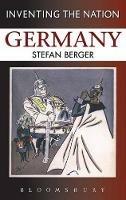Germany
'What is a German's fatherland?', asked Ernst Moritz Arndt at the beginning of the nineteenth century. This has arguably been the central question of modern German history. Germans did not have a united fatherland until 1871, and, thereafter, major political events in 1918, 1933, 1945, 1968 and 1989 ensured that the answers to Arndt's question proliferated and diverged with breath-taking speed. Germany explains the diverse ways in which national identity has been constructed over more than three centuries. It focuses on the plurality of contested definitions of 'Germanness'. The themes covered include the struggles between democratic and non-democratic inventions of the nation, the construction of the racial nation under Nazism, economic definitions of the nation, foreigners and 'Germanness', the nation as a 'community of memory', the gendering of the national discourse, the federal nature of German nationalism and the impact of war on the construction of a German national identity. This is a fundamental reappraisal of Germany's history from a perspective available only now that the dust from the demolished Berlin Wall is settling in a reunited Germany.
-
Autore:
-
Editore:
-
Collana:Inventing the Nation
-
Anno:2004
-
Rilegatura:Hardback
Le schede prodotto sono aggiornate in conformità al Regolamento UE 988/2023. Laddove ci fossero taluni dati non disponibili per ragioni indipendenti da Feltrinelli, vi informiamo che stiamo compiendo ogni ragionevole sforzo per inserirli. Vi invitiamo a controllare periodicamente il sito www.lafeltrinelli.it per eventuali novità e aggiornamenti.
Per le vendite di prodotti da terze parti, ciascun venditore si assume la piena e diretta responsabilità per la commercializzazione del prodotto e per la sua conformità al Regolamento UE 988/2023, nonché alle normative nazionali ed europee vigenti.
Per informazioni sulla sicurezza dei prodotti, contattare productsafety@feltrinelli.it



